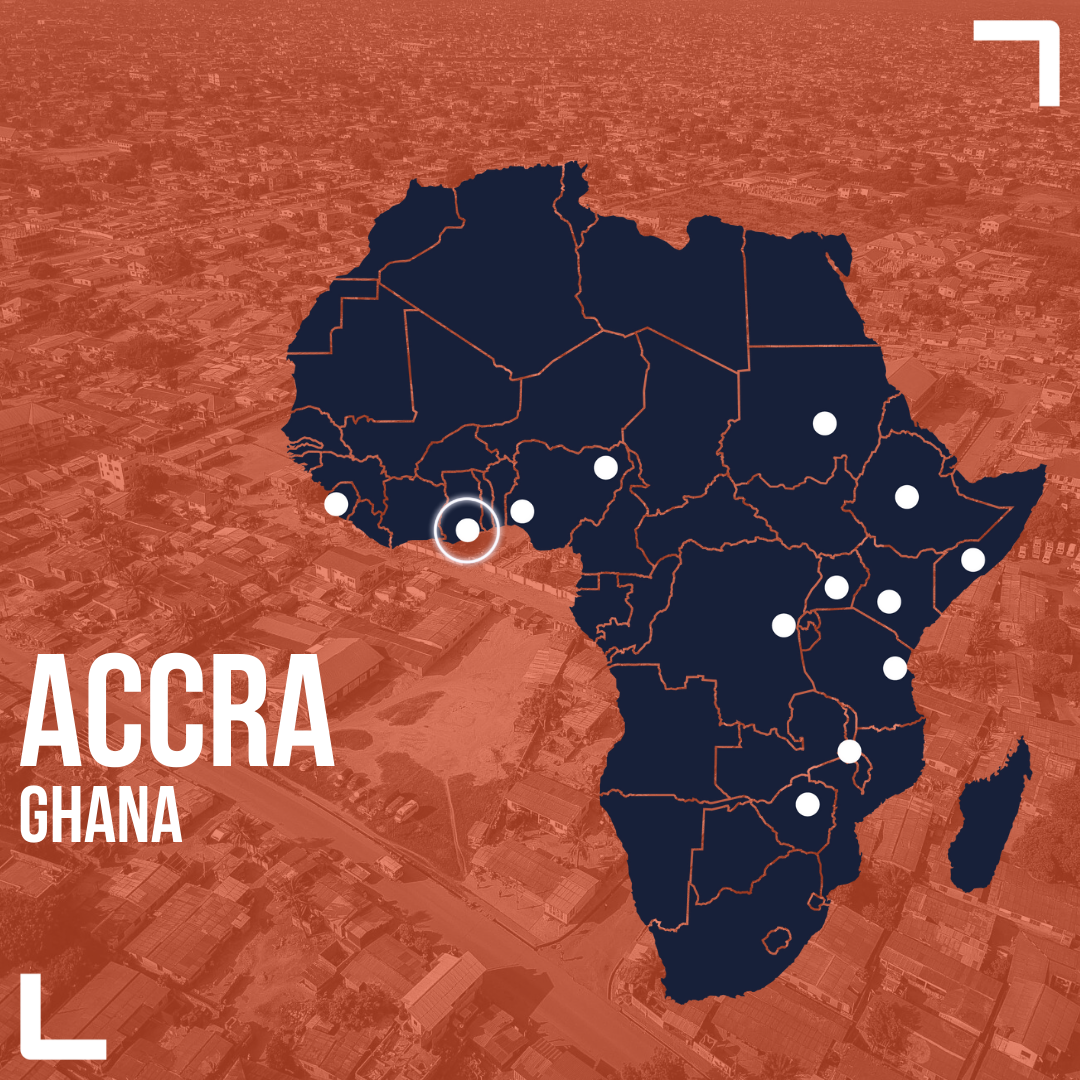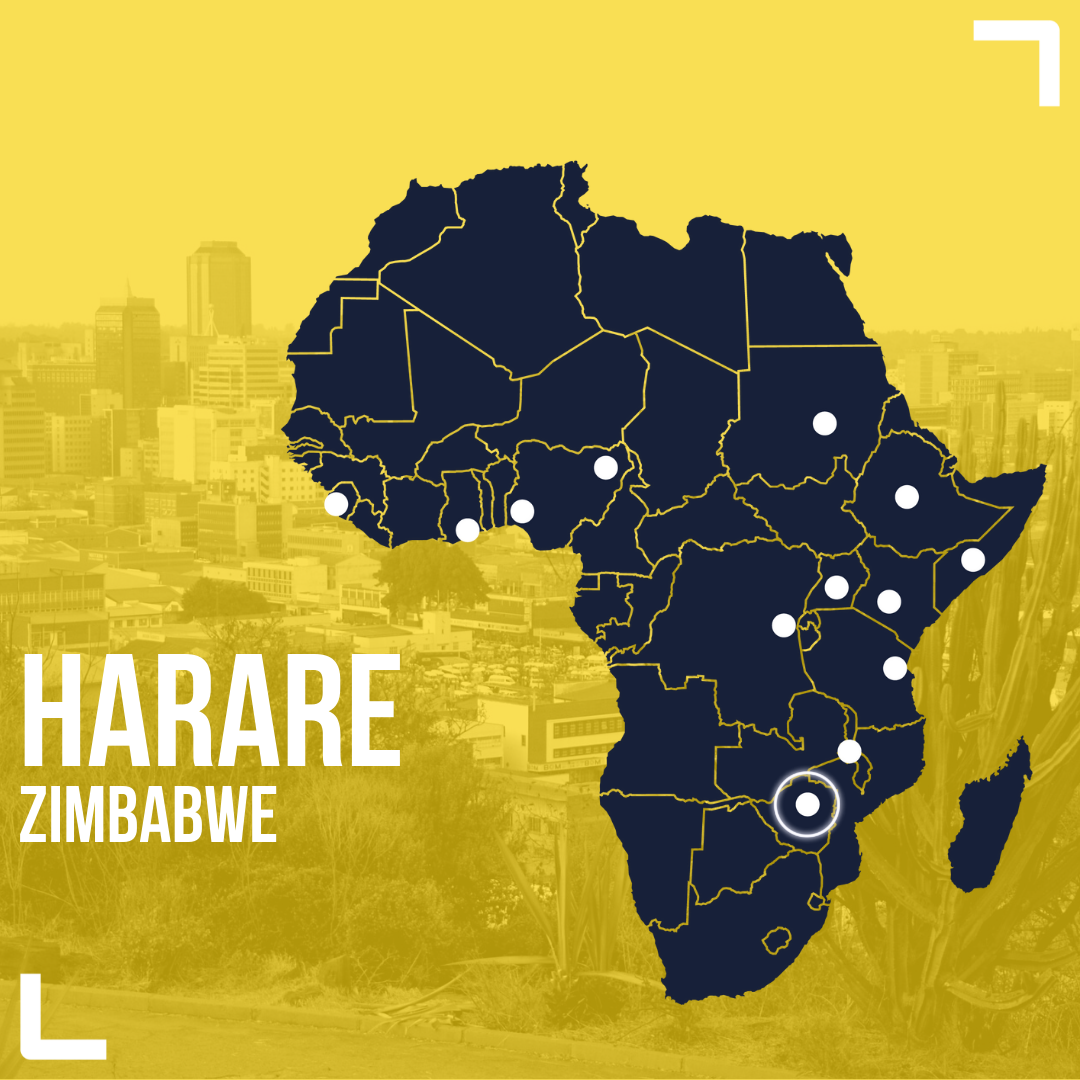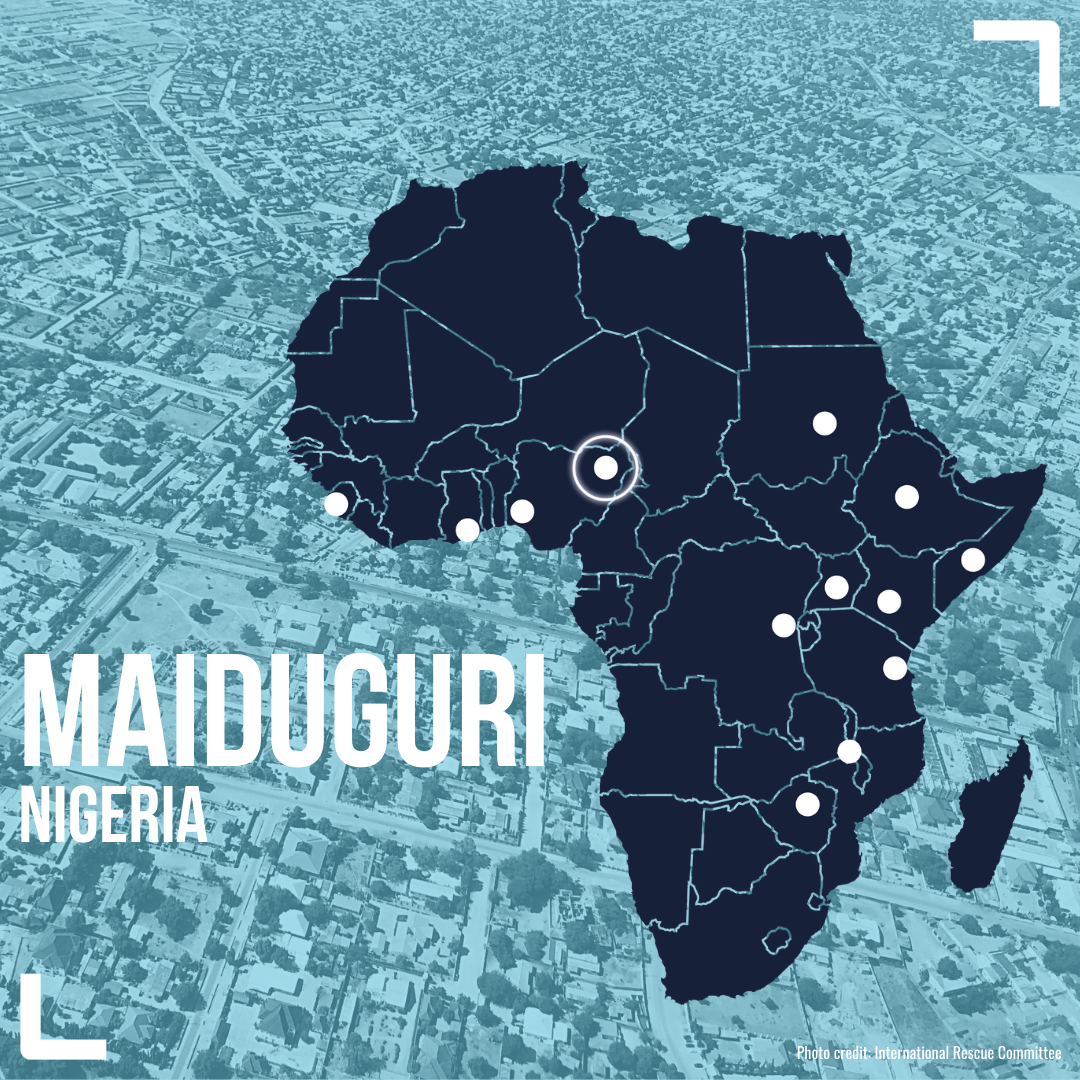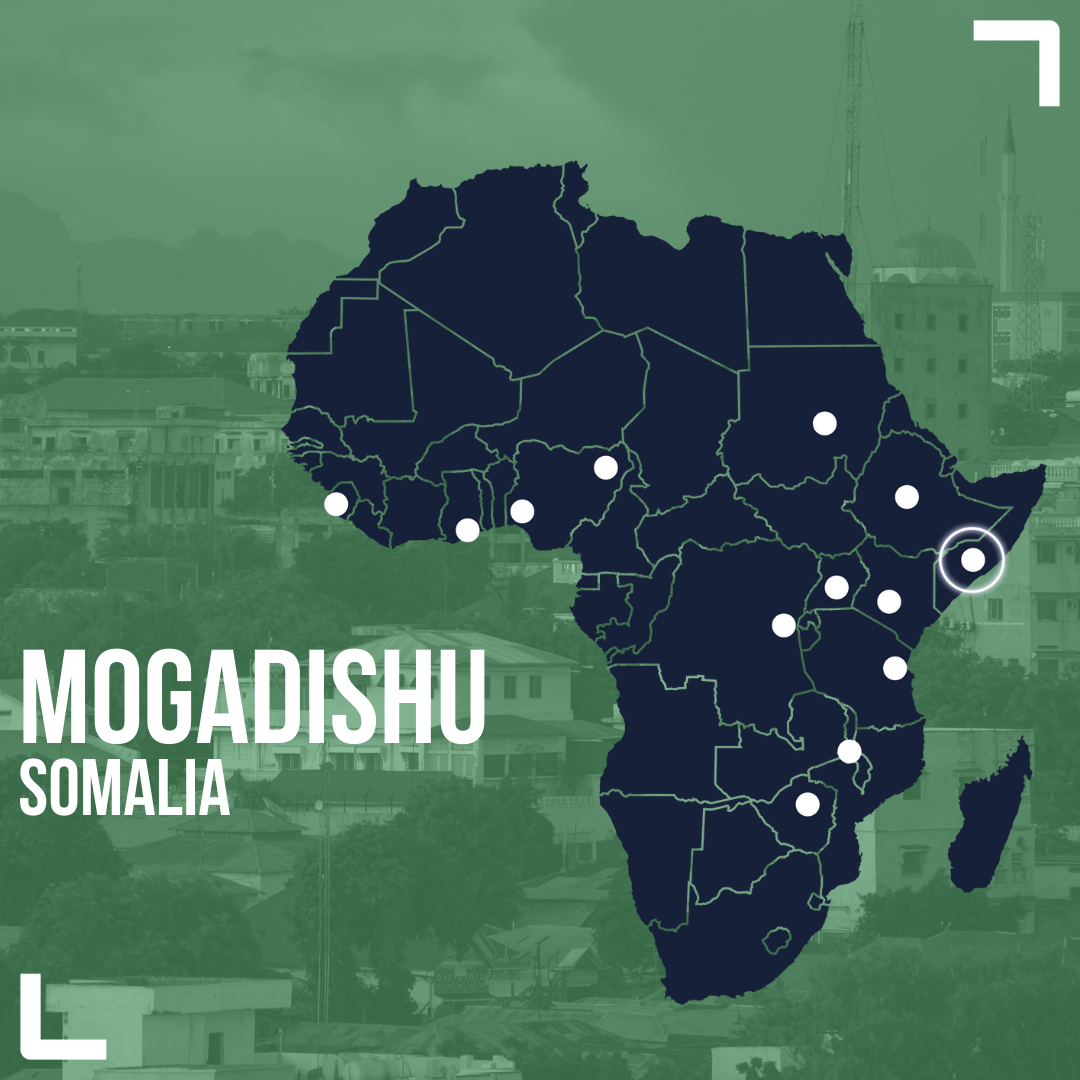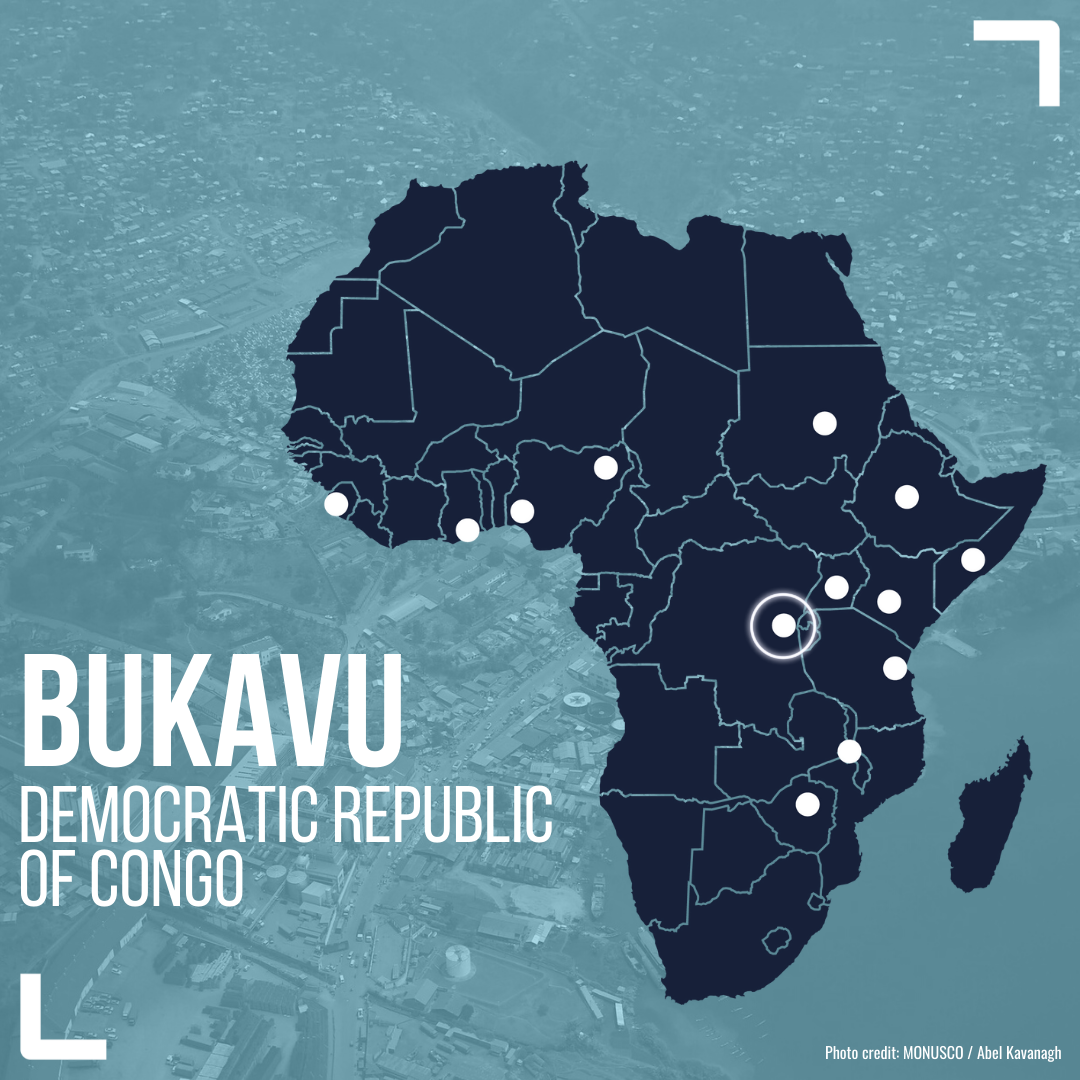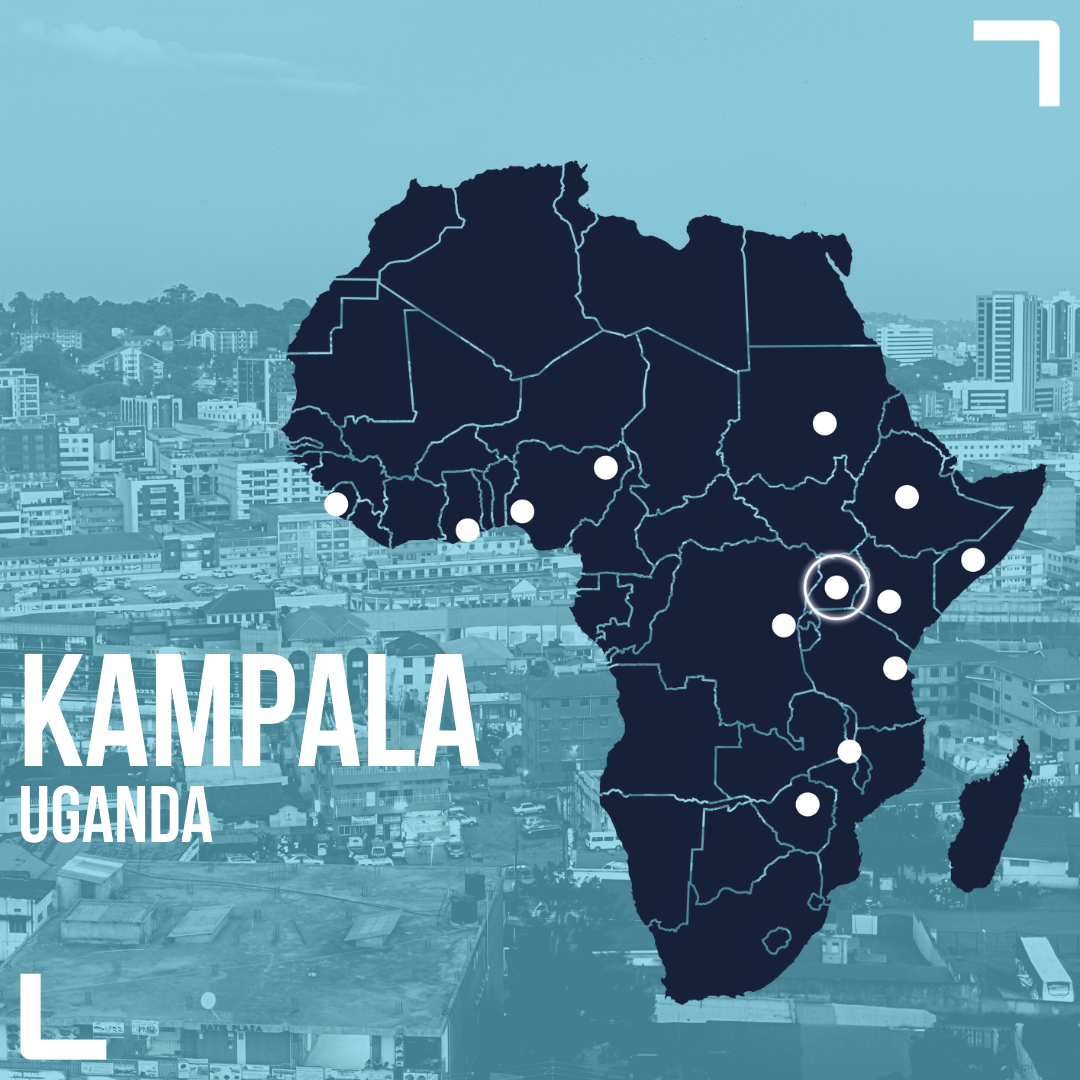Land and connectivity
Land access and ownership are crucial in determining economic and social opportunities for many residents in African cities, playing a central role in political discourses, identities and conflict. Land administration is key for poverty reduction efforts and to facilitate bottom-up wealth creation and development.
Access to and rights over land determine many factors impacting residents’ lives and livelihoods, including housing availability and affordability, access to basic services and employment, and social security and physical safety, among others. As such, urban land issues are an intensely political subject, making technical interventions challenging and drawing in a wide range of actors.
Our research looks into the ideologies shaping state-led land reforms and support from international donors across the continent, along with how an increased appetite for land investment has fuelled price increases and speculative property development – entrenching the socio-spatial divide in many African cities. We also explore how international development partners are working with African governments on land reform, land value capture and enhancing property taxation, to funnel increased land prices into financing infrastructure and service investments.
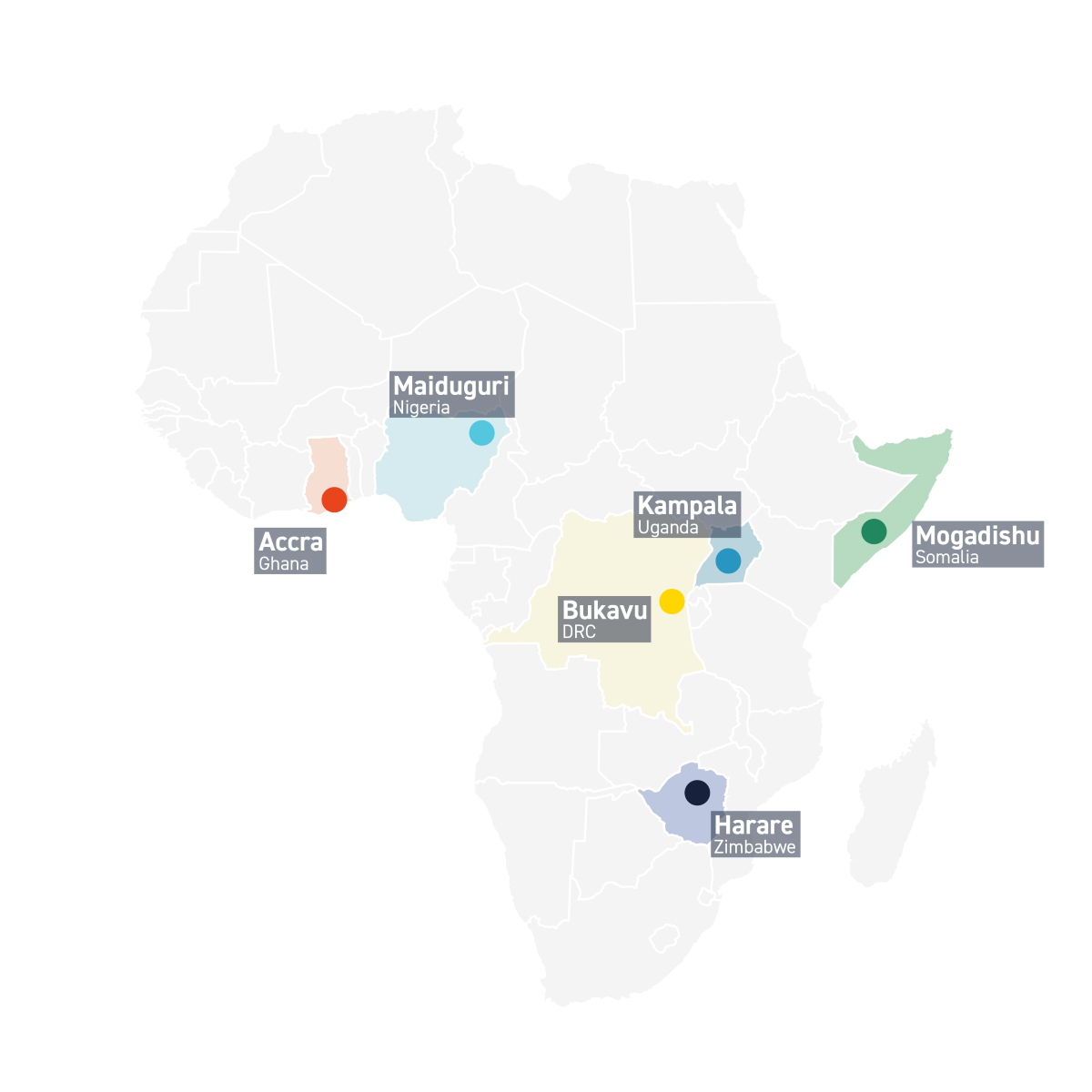
LATEST NEWS from ACRC

Streetlights in Lagos can boost safety and grow the economy – why not everyone benefits
Streetlighting plays a crucial role in public safety and security, and it promotes inclusive social and economic development by boosting local commerce, street businesses and community engagement.

In the shadow of Nairobi’s expansion: From peasants to paupers
In a new open access book, Peasants to Paupers: Land, Class and Kinship in Central Kenya, Peter Lockwood – former Hallsworth Fellow at The University of Manchester and now a postdoctoral researcher at the University of Goettingen – tells the human stories behind Kenya’s rapid urban expansion and the families being left behind.

Crime-fighting in Lagos: Community watch groups are the preferred choice for residents, but they carry risks
Criminal activities have developed into a security crisis in Nigeria. Alongside the responses of security agencies such as the police and military, there has been a huge local response, with community groups mobilising in the face of criminal attacks.

